Photo
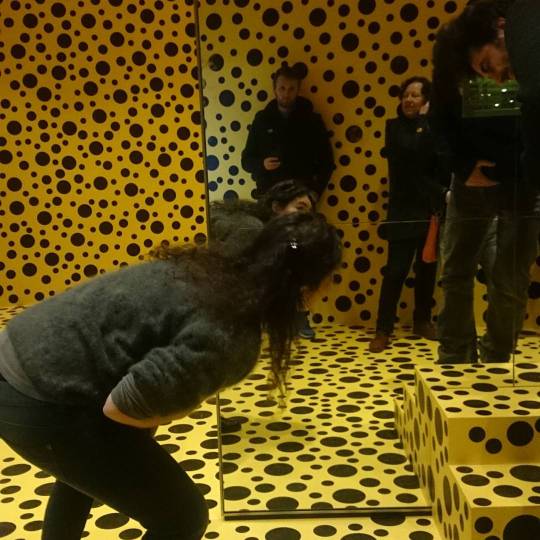
I spot a dot #hennieonstad #yayoikusama #art #Oslo #Norway
0 notes
Photo
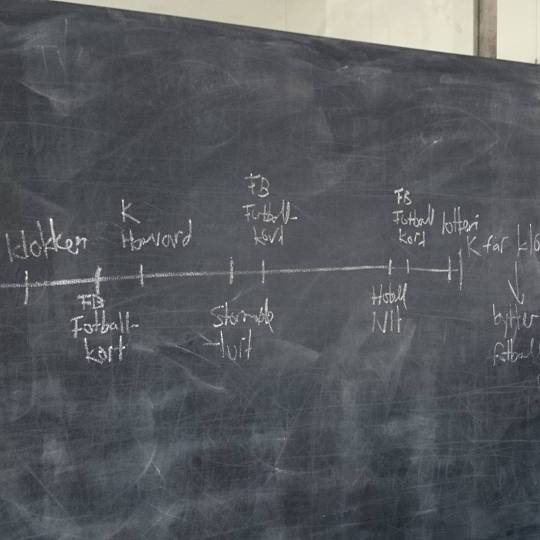
Sånn ser episoden ut. Skriver seg sjæl... | This is what the episode looks like. It practically writes itself... #tv #writing
0 notes
Photo
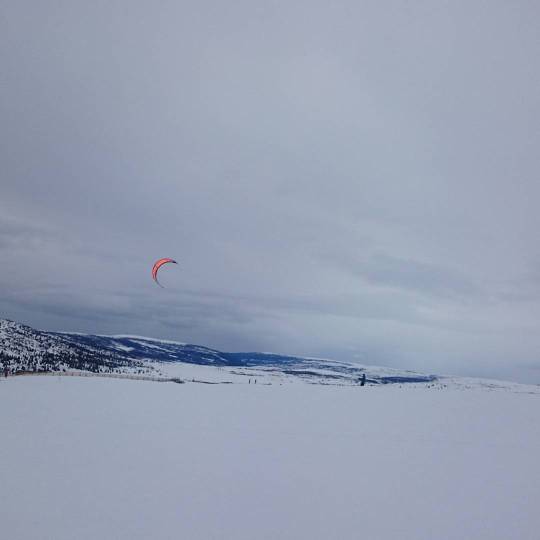
Forbikjørt av kiter på påskefjellet | Overtaken by a kiter #Valdres #skiing #syndin #kiting #outdoors #mountains #ski #ute
0 notes
Quote
What I really wanted was every kind of life, and the writer’s life seemed the most inclusive.
Susan Sontag, The Art of Fiction No. 143
(via theparisreview)
Great quote. Literature enables both the writer and the reader to experience multiple lives
2K notes
·
View notes
Photo
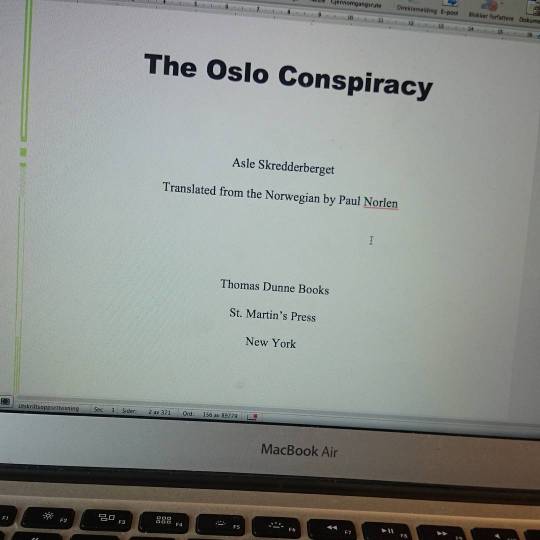
Some editing jobs are more fun than others. New version of translated script just came in. Can't wait to get this one out in the US #theosloconspiracy #stmartinspress #Gyldendal #books #writing #crime #crimewriting
1 note
·
View note
Photo

Wise man, that Bob Dylan #bobdylan #quotes #itsallrightma
0 notes
Photo
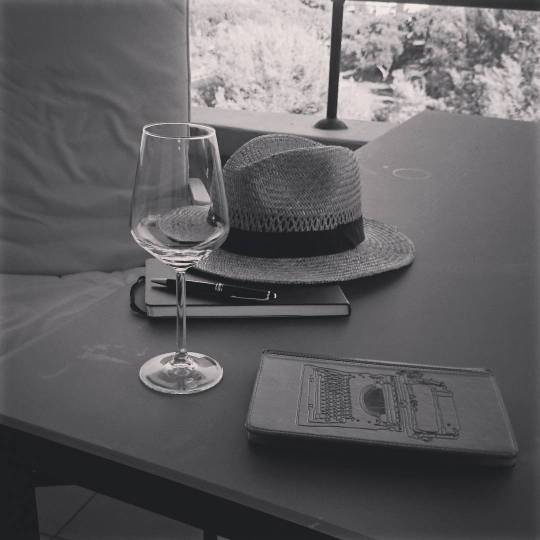
I call this: Writer finished his glass of wine, panicked and left. Now nowhere to be found #writing #costadelsol
1 note
·
View note
Text
`nuff noir?
This essay was first published in Mystery Readers Journal Vol. 30 No.4, which was dedicated to the the topic of “Scandinavian Mysteries”
”So, what kind of demons is your main character having to cope with?”
Being a Norwegian crime writer I often get this question. I guess the thinking is that Nordic crime equals noir. Which in turn equals a gloomy investigator. If I´m writing crime stories based in Oslo, they´re bound to be filled with noir and despair, right?
Not necessarily. Although I love the dark characters, such as Jo Nesbø´s Harry Hole, Henning Mankell´s Kurt Wallander and Gunnar Staalesen´s Varg Veum, it really didn´t feel right trying to copy any of that when I decided to make the move from journalism to crime fiction. I remember reading Brenda Ueland´s book “If you want to write” (1938), and her advice to write what you know. And personally, I have little knowledge of alcoholism and drug abuse. What I did know something about, however, was business and financial crime. When I combined this with a hang up on everything that has to do with Italy, Milo Cavalli was born. Half Norwegian, half Italian, and quite the opposite of your traditional Scandinavian investigator. Instead of reeking of alcohol, Milo “reeks” of success, which fits very well when I want to send him off investigating murders and the lack of moral, in both the mafia of Oslo and the “mafia” of Wall Street.
With a vast family fortune from his Italian side of the family and a background as a financial analyst in Oslo, Milo Cavalli is what has to be the wealthiest police investigator in Norway – if not Scandinavia. And to me the money aspect was essential. Because I believe having money does something to you. Just like not having money also does something to you. After more than a decade as a business journalist, and later on as a corporate executive, I was amazed by encounters with wealthy people. The confidence they radiate, their ability to go their own way and not caring about what anybody else says. What if I linked that kind of personality to an investigator? I thought. A policeman with a I-don´t-give-a-shit-about-your-rules-as-long-as-I-crack-the-case-kind of attitude. Kinda like John McClane (Die Hard) but with money and a suit. Enter Milo Cavalli.
And I have to say that I just love writing about him. While other investigators operate under great constraints, Milo has unlimited resources at his disposal. Which can be useful when he´s following the money trail of the weapons industry to Milan or confronting big pharma executives in New York.
But Milo is different also in another way: He is a Catholic. Unlike most Scandinavians. Norway, Sweden and Denmark are all protestant countries. For example, in my country, Norway, there are only 150.000 Catholics. That is less than 3 % of the population. But to be honest, to call Norway a protestant country doesn´t feel right. In my view Norway and the rest of the Nordic countries are truly non-religious (if you don´t believe me, check out Phil Zuckerman´s “Society without God: What the least religious nations can tell us about contentment”). Hence, Milo is not only part of a minority religion in Norway; he is part of a minority religion in a country where all religious people are seen as a minority. This of course, allows me to create conflicts between Milo and his colleagues and friends. And conflict is always good for a story (I learned that as a journalist…).
The catholic aspect also allows me to do one more thing: To send Milo off to confessions. Ah, how I love writing those chapters! Driven by dialogue only, Milo and the priest, digging into Milo´s most inner thoughts and moral codex. Luckily for me, even the non-religious Norwegian readers also seem to enjoy this part as much as I do. All in all, my readers seem to appreciate the “differenceness” of Milo. I don’t know how many times I´ve had readers telling me how refreshing they think it is to read about a crime hero without so many depressing traits. While visiting Europe´s biggest crime festival, Mord am Hellweg in Germany, I was positively surprised to learn that this was also something that resonated with my German readers.
So, does this mean that Milo doesn’t have any demons at all? Not even one bit despair hidden behind that perfect face? Of course not. He also has stuff to struggle with. For instance, there is the incomprehensible suicide of his mother, and how he blames his father for not preventing it. And there is his Milan based cousin, Corrado, who has disturbingly strong ties to organized crime. And finally, I´ve equipped Milo with a colleague: Chief investigator Sørensen. In his 50s, divorced, constantly smoking cigarettes or putting a piece of snuff under his lip, he personifies the fatalistic policeman. For instance when he explains his love for nicotine: “The thing with tobacco, my friend, is to pass the time. It gives me something to do, while at the same time shortening my life. Thereby making time pass twice as fast”.
So, there is definitely some noir also in my crime novels. In fact, in my view, just about enough noir.
0 notes
Text
A ban on begging - and a ban on compassion
Not sure if I should laugh or cry. But the Norwegian governement is issuing a ban on begging. Apparantly seeing poor people in the streets is more than the wealthiest nation in the world (per capita) can bear.
But the government doesn´t stop there. In addition to a ban on begging, they want to make it illegal for people to help beggars (check out this article in English about it http://www.thelocal.no/20150203/norway-to-ban-aiding-beggars-in-draconian-new-law).
I guess I can still engage in a conversation with a beggar, but if I give him a few coins, I risk having the police after me. If the law is passed, that is. I´m still hoping the politicians will come to their senses.
Otherwise, Norway has taken yet another step in the wrong direction - full of ourselves and money, but lacking in compassion.
0 notes
Text
From talk to action in Davos
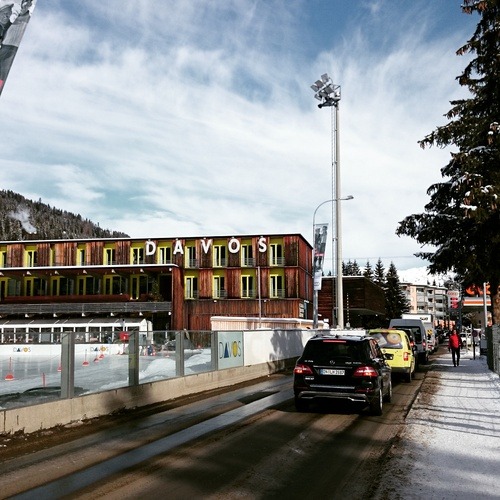
I was fortunate enough to once again sit in on a session at the World Economic Forum in Davos this week. The topic was Climate Smart Agriculture and how to tackle the challenge of food security in a sustainable way.
I have been in Davos earlier, the first time in 2010, listening in on similar topics, and have always been a bit depressed about all the talk and the lack of action.
However, this time was different. Seeing people from politics, science, civil society, businesses and the farming community eagerly discuss concrete measures for responding to both climate change and food security, made me realize one thing:
We already have the technology and knowledge to make significant improvements.
What we need are ways for the political, corporate and academic sectors to work together, to put the technology and knowledge to work.
For instance like they have done in Vietnam, where coffee growers have managed to increase output while reducing water usage and their carbon footprints.
The discussions around the different tables this week - all unconstrained by the lack of journalists in the room - made me optimistic. Hoping we can move from talk to concrete action.
We sure could need it.
0 notes
Link
"But that’s the thing about oil money: it buys a lot of hypocrisy."
0 notes
Quote
"I learned...that inspiration does not come like a bolt, nor is it kinetic, energetic striving, but it comes into us slowly and quietly and all the time, though we must regularly and every day give it a little chance to start flowing, prime it with a little solitude and idleness"
Brenda Ueland - If you want to write (1938)
1 note
·
View note
Photo
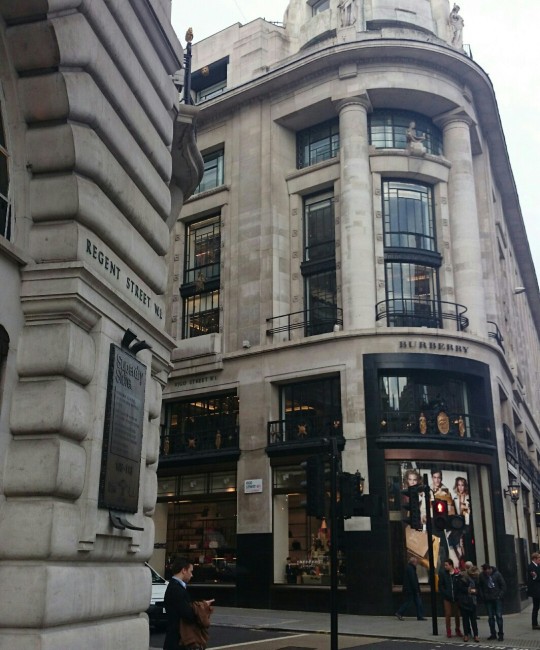
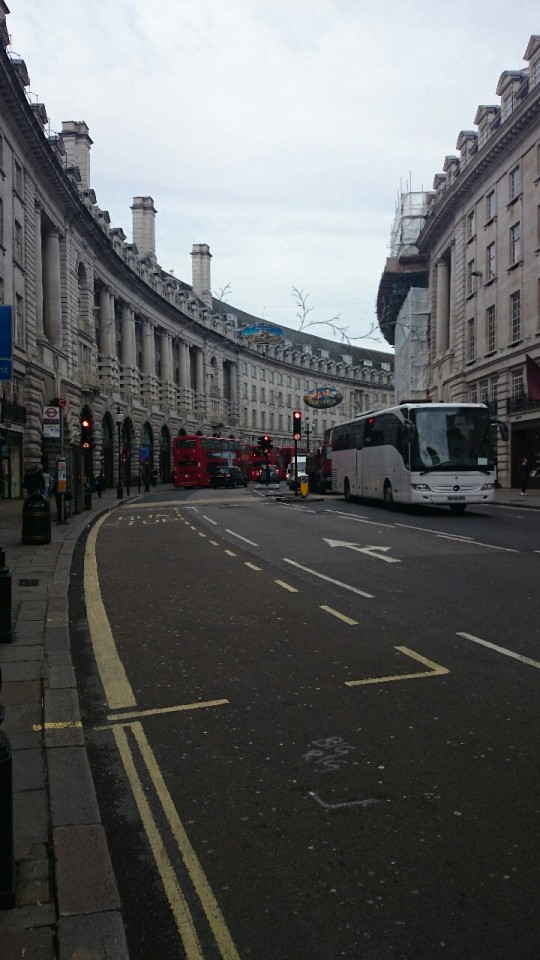
Visited Regent street this week. A truly iconic street in London, between Oxford Circus and Piccadilly. Kept thinking about the old British Empire and how much it controlled around the world. But times have changed. And although Regent street is one hundred percent British, it has for the past four years been partly owned (25 percent) by Norway, through our sovereign wealth fund. And more will come: the next years the fund will invest billions of dollars in real estate in cities like London, New York and Boston
0 notes
Text
A nation of assholes?
Sometimes Norway doesn’t feel rich at all. Like when our government and leading politicians have decided not only to allow just a few hundred refugees from Syria, but also have made it clear that we don’t want any refugees with handicaps.
I kid you not. This is also Norway.
Dr Michael Woodman of UNHCR calls it “shamefull”. He couldn’t be more right. I am truly ashamed of our behavior and it reminded me of a book I recently read about: “The life of I: The new culture of narcissism” by Anne Manne. In it she refers to several research projects on human behavior, linked to the level of income. The conclusion seems quite clear - the more money the more likely you are to behave badly against others, whether it’s in traffic or just helping people asking for help. It’ s called the asshole effect. Norway is one of the richest countries in the world, and I wonder: Are we becoming a nation of assholes?
1 note
·
View note
Link
One of my favorite blogs about economics is Tim Johnson´s “Magic, maths and money”. Because it´s not just about economics. Instead it links finance and economics to a number of other topics, based on Tim´s impressive knowledge. In this recent blog post he links economics to ecology and ethics. Truly interesting.
As an economist-turned-writer I have a place somewhere between academia and journalism, if you can imagine an academia-media-mass market continuum. Meaning I´m not nearly as thourough as the scientists, but on the other hand I can go into much more detail than a journalist with daily or weekly deadlines.
Having scholars like Tim, is a goldmine for me. I could say the same with economists like Ha-Joon Chang of Cambridge and Norway´s Erik Reinert - both of whom I will interview the next couple of weeks.
#economics#ecology#mathematics#etichs#academia#media#journalism#writing#business#business books#books
1 note
·
View note
Photo
Looks like a great place to get some writing done
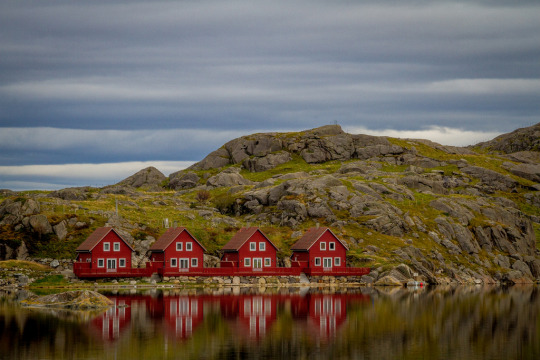
Eigerøy - Norway (by Sten Dueland)
2K notes
·
View notes
Photo
Gloomy Economist cover about Europe. Norwegians however, have for many years lived inside an oily bubble. While buying new cars, building new cabins in the mountains, taking Fridays off to spend as much time as possible at the cabin - we've only been reading about the financial crisis in other parts of Europe. We've heard about a bankrupt state in Greece, almost a whole generation without work in Spain, etc. But somehow it has all seemed so far away. I wonder if that sentiment is about to turn. One piece of news here in Norway might signal that things are about to change: the lay offs of employees in oil gigant Statoil. If you add the fact that oil and oil service companies no longer are throwing sign on bonuses at graduates at tech schools, there is definitely talk about trouble ahead. But how much trouble is not clear. I guess it will be a long time until we're as gloomy as Economist' cover.
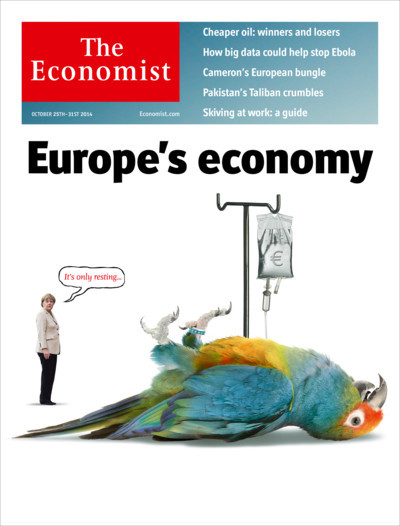
Tomorrow’s cover, today
The world economy is not in good shape—and the biggest threat comes from the euro zone. As Angela Merkel and her peers have dithered, the currency union is on the verge of slipping into its third recession in six years and its inflation rate has slipped to 0.3%. Our cover leader warns that deflation is all too close and extremely dangerous.
404 notes
·
View notes